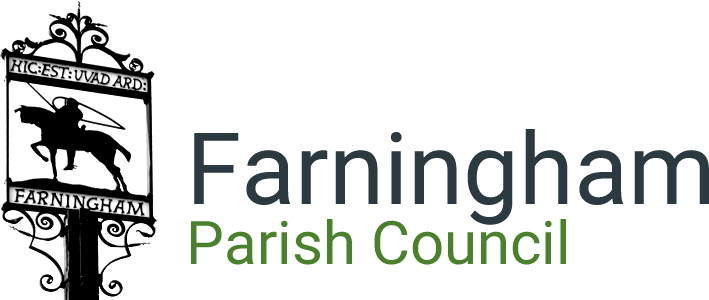Biodiversity Policy
Reason for the policy – Statutory Duty
Under the 2021 Environment Act, public authorities (including town and parish councils) who operate in England must consider what they can do to conserve and enhance biodiversity in England.
Government guidance published on 17th May 2023 clarifies that, as a public authority, town and parish councils must:
• Consider what they can do to conserve and enhance biodiversity.
• Agree policies and specific objectives based on their consideration.
• Act to deliver their policies and achieve their objectives.
Town and parish councils, unlike other authorities, are not obliged to publish a report on their actions, but the Government guidance requires all public authorities to complete their first consideration of what action to take for biodiversity by 1 January 2024. They must agree their policies and objectives as soon as possible after this and may reconsider the selected actions within 5 years of completing their previous consideration, or more frequently if they choose.
To comply with the guidance, town and parish councils could as a minimum:
• Have biodiversity as an agenda item for a meeting before the end of 2023.
• Note what action in respect of biodiversity is already taking place locally.
• Agree what further steps to take at this stage.
Draft policy due by 1 January 2024, considered by Farningham Parish Council on 8 November 2023.
Background
Under the Natural Environment and Rural Communities Act 2006 there is a duty on public authorities in England, including Parish Councils to have regard to conserving biodiversity as part of their policy or decision making. This was further strengthened by the Environment Act 2021 so public authorities must now consider what they can do to conserve and enhance biodiversity in England. This means a public authority must;
- Consider what they can do to conserve and enhance biodiversity.
- Agree policies and specific objectives based on their consideration.
- Act to deliver policies and achieve objectives.
The Local Area
Farningham is a rural village that lies within the Metropolitan Greenbelt, partially within an Area of Outstanding Natural Beauty, and with a considerable number of natural environments, including ancient woodland, a Site of Special Scientific Interest, hedges, ditches, farmland, and the River Darent.
Parish Council responsibilities
The Parish Council joint owns Farningham Woods, an ancient woodland and Site of Special Scientific Interest, with Sevenoaks District Council, and a further three pieces of land - Irvings Corner, Three Hills and the Village Hall car park.
What the Parish Council will do
- Consider the impact on biodiversity in the decisions made through the Parish Council, especially when commenting on planning applications.
- It will reduce the use of pesticides and herbicides used on Parish Council owned land
- It will follow advice and guidance from Sevenoaks District Council on how best to manage and maintain Farningham Woods.
- Review how it manages the land at Irvings Corner, Three Hills and the Village Hall car park, but is not limited to.
- o Leaving standing and fallen dead wood as a habitat for invertebrates
- o Leaving leaf litter and dead vegetation wherever possible as a habitat for invertebrates
- o Provide bug hotels and hedgehog houses to encourage biodiversity.
- o Removing invasive and non-invasive species that are detrimental to native flora or fauna as required
- o Look at installing bird boxes in Parish Council owned trees
- o Carryout tree surveys approximately every five years to ensure the health and longevity of the Council owned trees
- The Parish Council will look to promote biodiversity via the Parish Council website and newsletters.
This policy will be reviewed annually alongside the Council’s other policies until it is due to be reconsidered in 5 years time.
